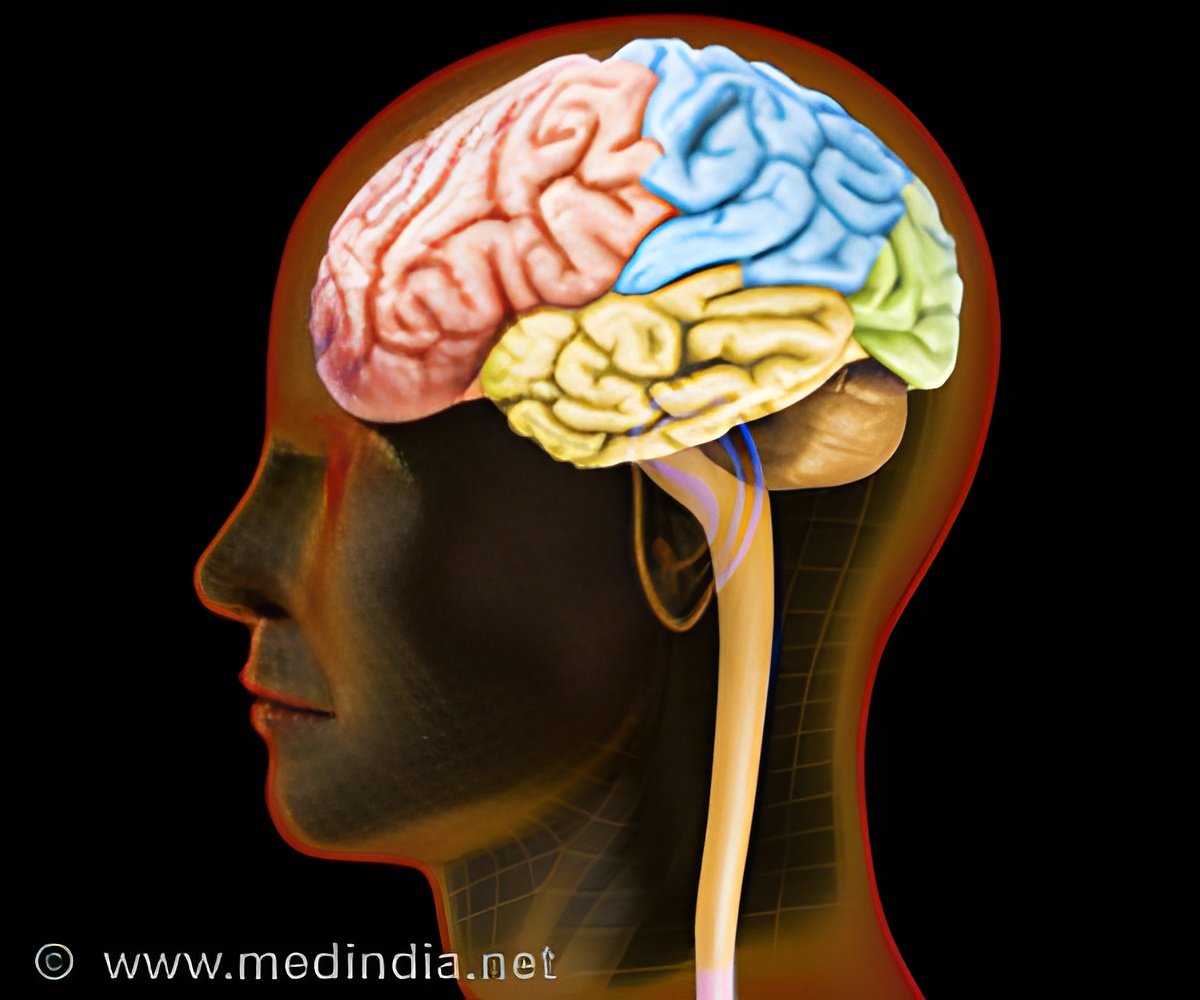A New Zealand study has revealed that traumatic brain injuries (TBI) outrated strokes and heart attacks.

95% of TBI detected were mild; however, lead Professor Valery Feigin has issued a warning that even mild cases often can contribute to significant later life health problems such as dementia and stroke.
The study was carried out in an area which had a population of about 173,000. Out of this group, 1369 people were diagnosed with TBI in a year, of which 71 cases were classified as moderate to severe. This estimate makes us to understand that one new TBI occurs every 15 minutes and that it far out numbers heart attacks and that it is five times the rate of new strokes occurrence.
A TBI occurs when a bump or blow to the head disrupts the normal function of the brain. Falls accounted for the majority of TDIs and it included falling off trees, horses or ladder (37%). Falls caused by mechanical forces (including animals, inanimate objects or another human) accounted for 21% of cases. Contact sports, transport accidents, and assaults made up the other causes.
TBIs due to falls were more commonly seen in children and people above the age of 65 years.
The rate of TBI in New Zealand was 790 cases per 100,000 people in comparison to 47 to 453 cases in Europe, and 51 to 618 cases in North America. More research needed to be done to work out why the incidence of TBI was so much higher in this country.
The Waikato study discovered that males had a 77 per cent greater risk of TBIs compared to females, and that the risk for Maori people was 23 per cent greater compared to New Zealand Europeans. Similarly the risk of moderate to severe TBI was almost 2.5 times higher in the rural population in comparison to the urban population.
Feigin says that the consequences of TBI are not mild and could result in health problems such as dementia or even stroke. Social impacts may include behavioral changes and depression.
The results of the study have been published in the medical journal The Lancet.
Source-Medindia














